简体中文
繁體中文
English
Pусский
日本語
ภาษาไทย
Tiếng Việt
Bahasa Indonesia
Español
हिन्दी
Filippiiniläinen
Français
Deutsch
Português
Türkçe
한국어
العربية
CySEC Targets Unlicensed Forex and Crypto Brokers
Abstract:CySEC blacklists unlicensed brokers like admiralmarket.net in the forex and crypto markets. Strict new rules impose hefty fines. Verify brokers to stay safe.
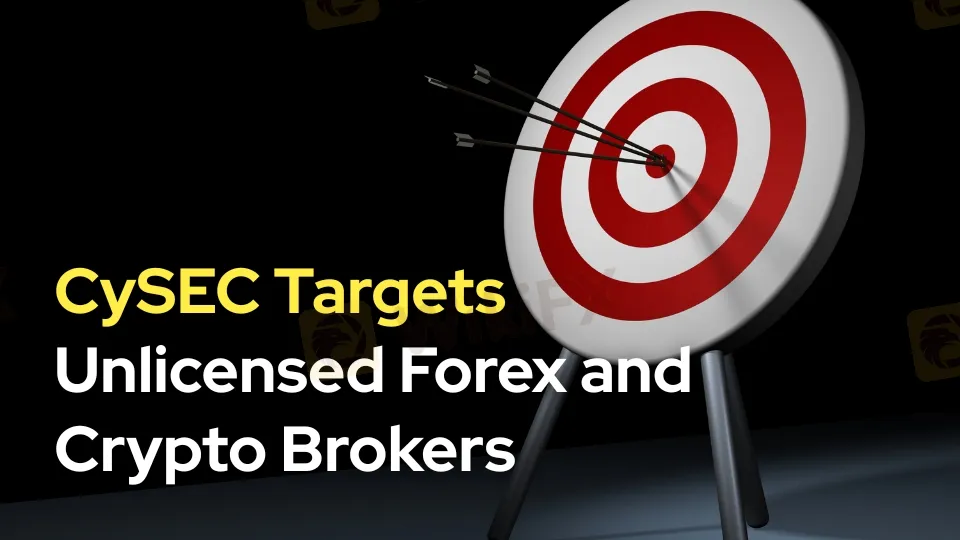
The Cyprus Securities and Exchange Commission (CySEC) is getting tough on shady brokers, putting out a strong warning about several unlicensed companies in the forex and cryptocurrency markets. These firms, running without CySECs okay, are now on a blacklist for offering trading services that could harm investors.
Heres the list of banned websites:
- athloscapitalinvest.com
- fxfuturetrade.net
- dts-trade.com
- fax.trade
- circlemarketfx.com
- admiralmarket.net
- kulanient.com
- eliteglobalfx.com
- elitefxgo.com
- mavqeris.com
- fasatgh.com
- gosuncm.com
- lyreasf.com
- yondaris.pro
One sneaky site, admiralmarket.net, copies the look and branding of the real, CySEC-approved Admiral Markets to trick people into thinking its legit. CySEC is calling out these shady moves, pointing out that some unlicensed firms pretend to be linked to Cyprus Investment Firm (CIF)-licensed brokers to seem trustworthy.
CySEC‘s new rules are stricter, especially for companies dealing with crypto. Every firm handling cryptocurrencies has to register with CySEC, or they’ll face big trouble—fines up to $370,000 (€350,000), jail time for up to five years, or both. This shows CySEC is serious about keeping investors safe from scams in risky markets.
CySEC‘s recent study on how everyday investors act found some worrying patterns. Lots of people don’t dig deep into the products or companies they‘re investing with. Only 30% checked if their broker was licensed on a regulator’s website. A full 15% didn‘t check anything at all. More than half trusted company reviews or the firm’s own website, which might not tell the whole story. Even worse, 7% spent less than 30 minutes—or no time—researching before putting money in.
The growing trend of “gamification” in trading is also a red flag. Flashy apps make investing look like a fun game, but they often hide the real risks, luring people with promises of easy cash. CySEC is fighting back with a campaign to teach Cypriots about the dangers of unregulated trading apps and why checking a brokers license matters.
CySEC also warns about “finfluencers” and slick marketing that can mislead investors. They‘re pushing people to do their homework and check a broker’s status on CySECs website to dodge scams. The blacklist is a handy tool to spot fake websites and make smarter choices.
As Cyprus beefs up its rules, CySEC‘s efforts show they’re all in on protecting everyday investors from the dangers of sketchy markets. The advice is clear: stay sharp, do your research, and stick with licensed brokers to keep your money safe.

Disclaimer:
The views in this article only represent the author's personal views, and do not constitute investment advice on this platform. This platform does not guarantee the accuracy, completeness and timeliness of the information in the article, and will not be liable for any loss caused by the use of or reliance on the information in the article.
Read more
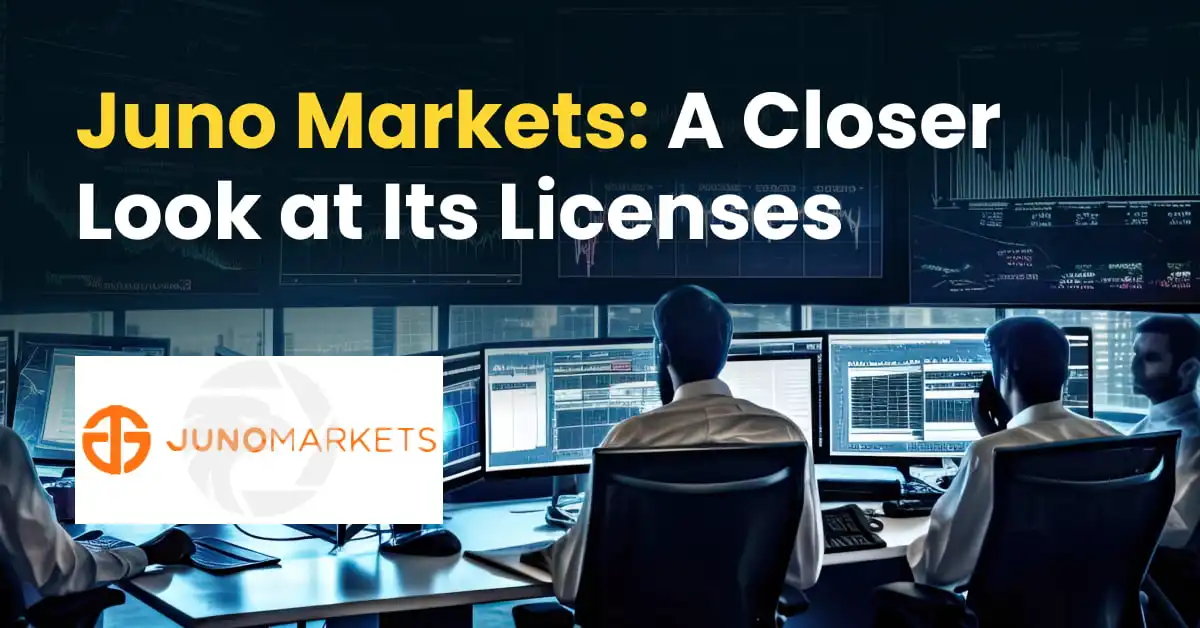
Juno Markets: A Closer Look at Its Licenses
When selecting a broker, understanding its regulatory standing is an important part of assessing overall reliability. For traders seeking to protect their capital, ensuring that a platform operates under recognised and stringent oversight can make all the difference. Keep reading to learn more about Juno Markets and its licenses.
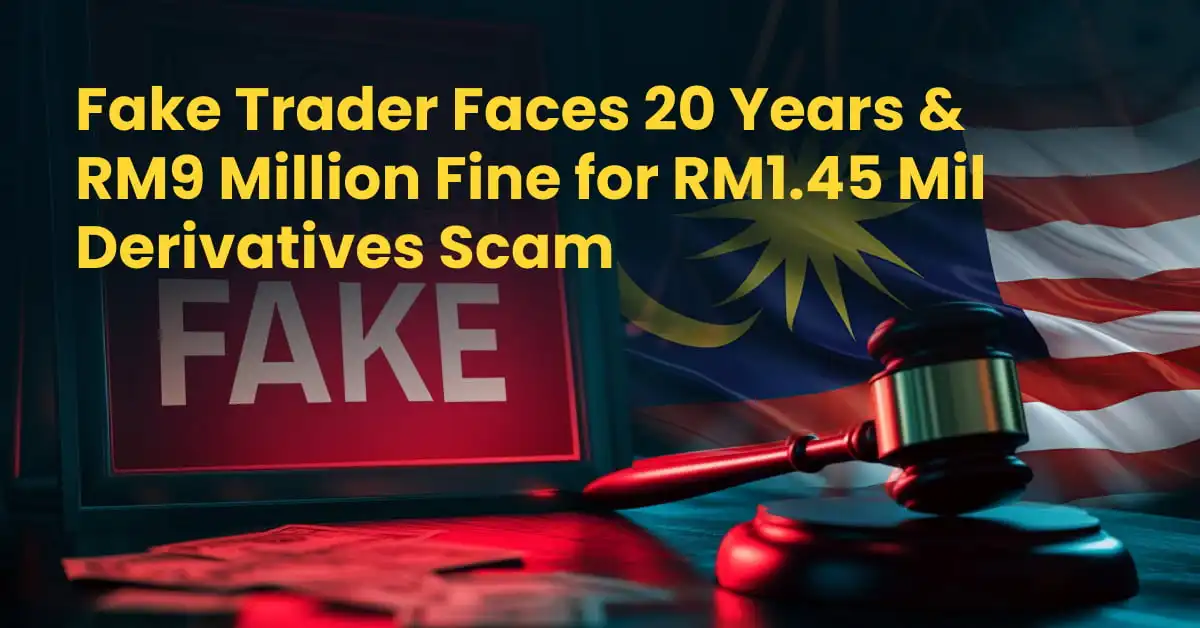
Fake Trader Faces 20 Years & RM9 Million Fine for RM1.45 Mil Derivatives Scam
A Malaysian man who posed as a ‘licensed’ futures trader has been handed a 20-year prison sentence and a RM9 million fine after admitting to running a fraudulent derivatives investment scam.
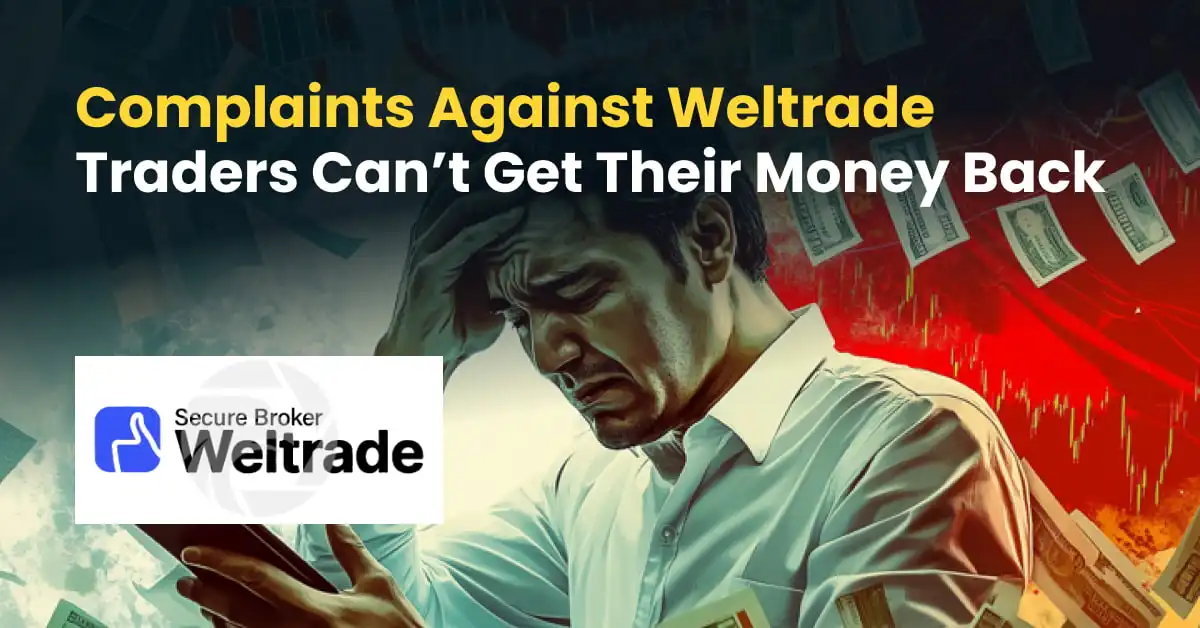
Complaints Against Weltrade | Traders Can’t Get Their Money Back
Opening a trading account and watching your capital grow can feel exciting and full of promise until the moment you realise you cannot get your money back. That’s when the dream turns into a nightmare. Recent complaints submitted to WikiFX reveal an unsettling pattern seen at Weltrade where deposits vanish, withdrawals stall for days or even months, and support channels lead nowhere.
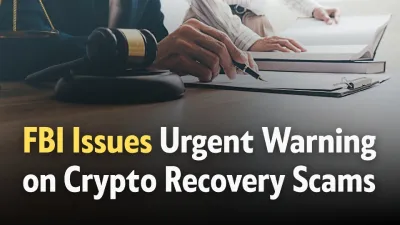
FBI Issues Urgent Warning on Crypto Recovery Scams
FBI warns crypto scam victims about fake law firms claiming to recover assets. Stay cautious to avoid further losses and protect your personal data from fraud.
WikiFX Broker
Latest News
Join WikiFX’s Agent Growth Event | Turn Your Success into a Global Achievement
Do Kwon Faces 130-Year Prison Sentence After Guilty Plea in $40B Crypto Collapse
Best 5 Low-Spread FX Brokers in India 2025
SEC Settles California Trader with Over $234,000 Spoofing Scheme
Major Pairs in Forex: Top Traded Currency Insights
Forex Trends Explained for Your Successful Trading Experience
What is ECN in Trading? A Simple Guide
Scam Alert: Know the Risky Side of InstaForex in India
Going to Invest in FXCL? Move Back to Avoid Scams & Losses
What Is Forex Trading Fee? A Beginner’s Guide
Currency Calculator


